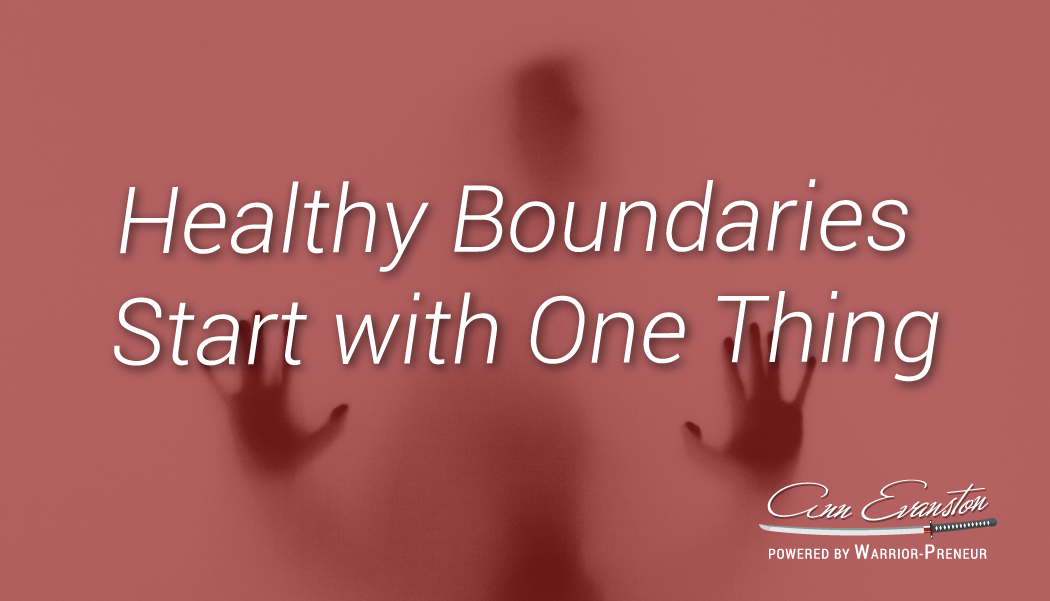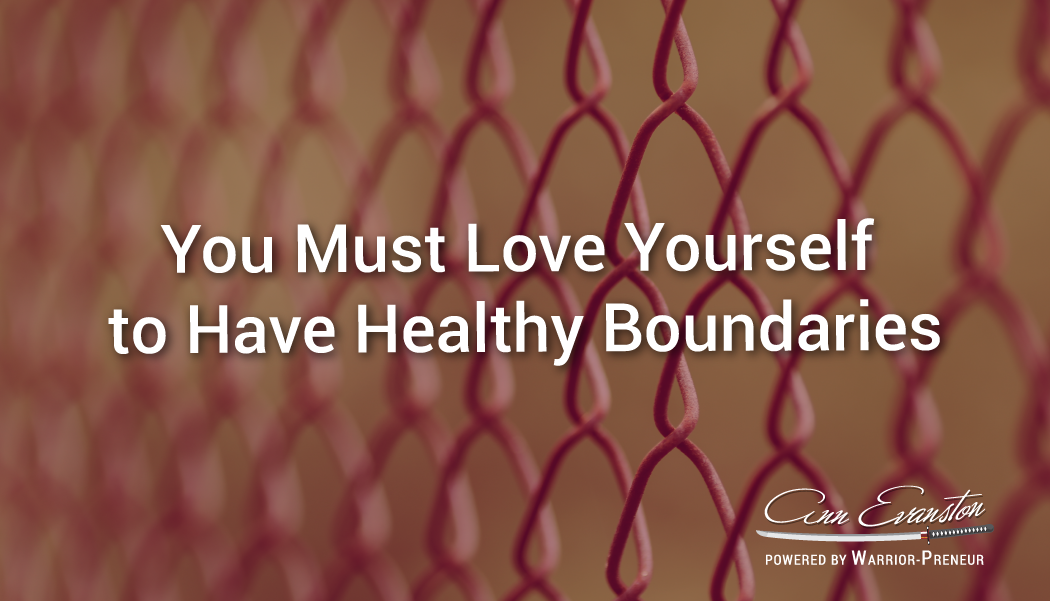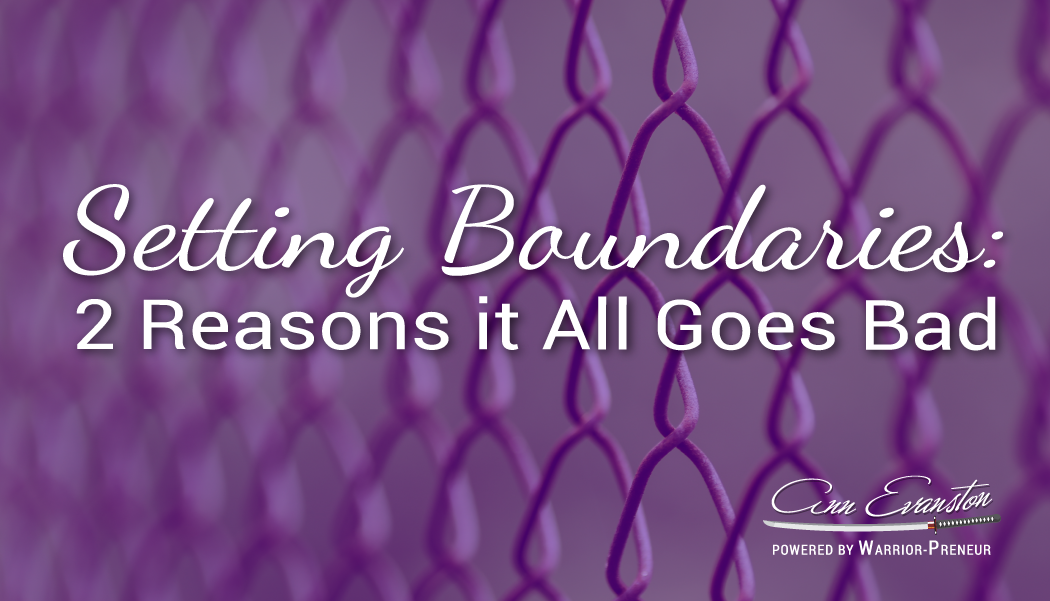
Setting Healthy Boundaries: Understanding THEIR Reaction
- “The bad they know, it’s better than the good they don’t now.“


It is one thing to know what your boundaries are. It’s important to know what your boundaries are. But setting healthy boundaries doesn’t start with that. You can know every boundary you want, and if you don’t have this one thing, having healthy ones will be difficult.
The one thing needed to have healthy boundaries in your relationships is self worth. Self-worth is different from self-esteem. It is about knowing your value, for yourself as well as in relationships you have.
It is very difficult to request that someone keep a boundary if you don’t see yourself as priceless. Worthy. Often, we place others value above ours. Somehow they become first.

To be able to set healthy boundaries with friends, family, even work you must love yourself enough. I feel this simple statement can confuse some. I often hear: “I have no problem setting boundaries at home Ann, just at work.”
Is that because you feel safe to set them there? You know THEY will still love you?
Is the fear at work that “they might not like you?” If yes, then I ask: “Do you love yourself enough to be ok if someone doesn’t like you? Do you love yourself enough that being respected at work, with heathy boundaries, matters more?”
When you love yourself you also clearly know what your boundaries are and feel comfortable communicating them. If you struggle with WHAT they are it may be time to look into your self worth and why you believe you cannot have healthy boundaries.

While facilitating my Influential Voice program this week, a women said: “it seems so selfish Ann, and I think selfish is bad.”
I find this isn’t an uncommon statement from women.
Selfish is a good thing on many levels:
👉🏼when you need to rest, nurture or take care of you;
👉🏼to have healthy relationships, you set boundaries for your self;
👉🏼for advancing your career;
👉🏼while developing connections for greater influence
So be selfish on occasion.

Often working with women a discussion around boundaries comes up. Many women believe they have boundaries, and set boundaries with people in their personal and professional lives. The want to understand why people don’t respect them. I often find though that two things are true:
1-They haven’t really clearly defined what their boundaries are in different situations; be it at work or in relationships at home.
2-And they believe if they communicate them once, that the other person “should” follow them…without push back, attitude, or challenging it.
[Tweet “Clearly knowing your boundaries creates peace in your relationships”]
So first, take a bit of time, even grab a notebook or journal, and write down what your boundaries really are. How do you want to be treated in relationships at work? With clients? From your spouse or significant other? How about with friendships? Maybe even family members like your siblings, parents and extended family?
If you don’t clearly know in your mind and heart what they are, how can you effectively communicate them when you need to? And, it’s more difficult to follow up if you’re unclear in the beginning.
Then second, as you communicate a boundary concisely and assertively, be prepared for push-back. See, it’s not their job to manage your boundaries. It’s your job to manage your boundaries if you really want them to be true. That means you follow up.